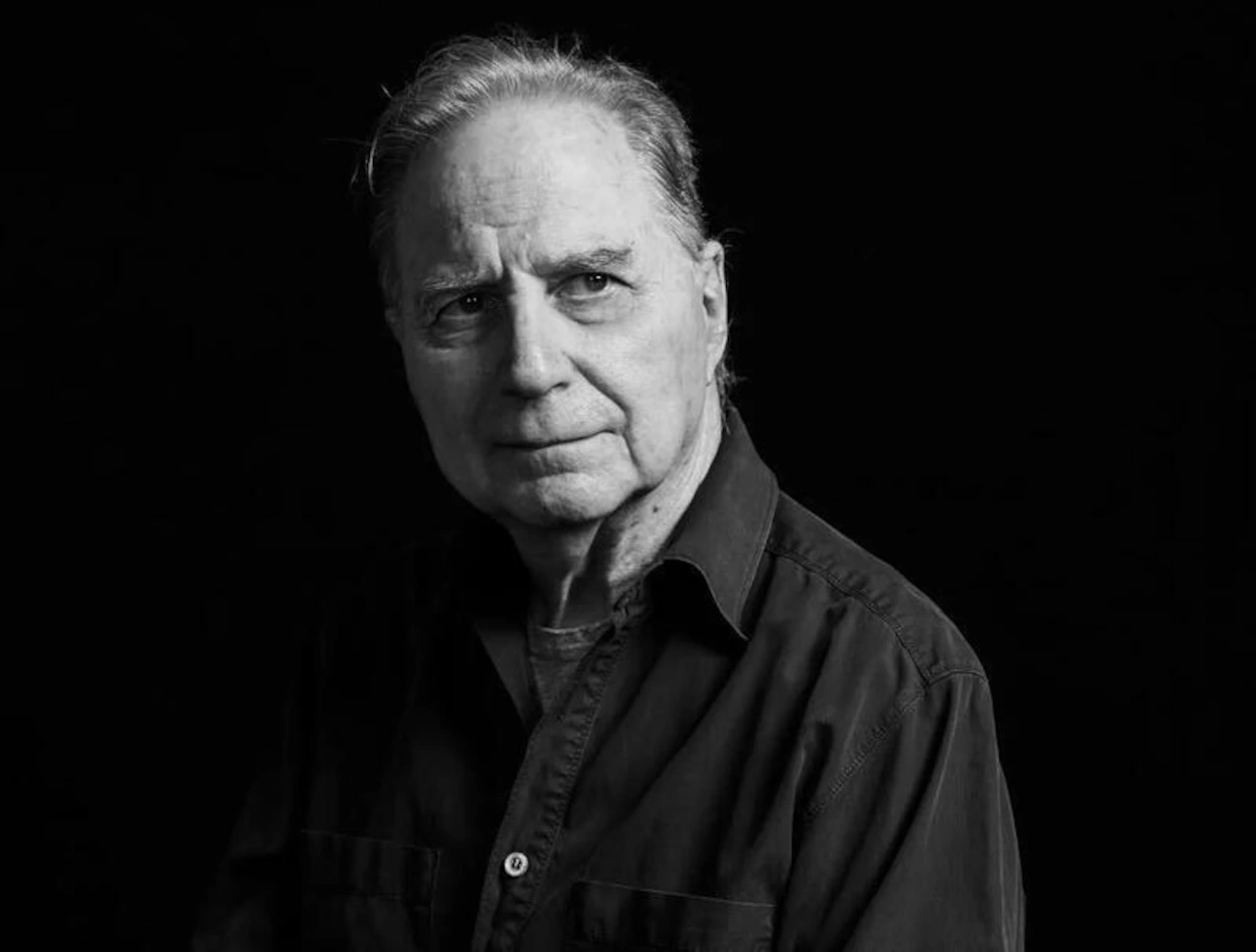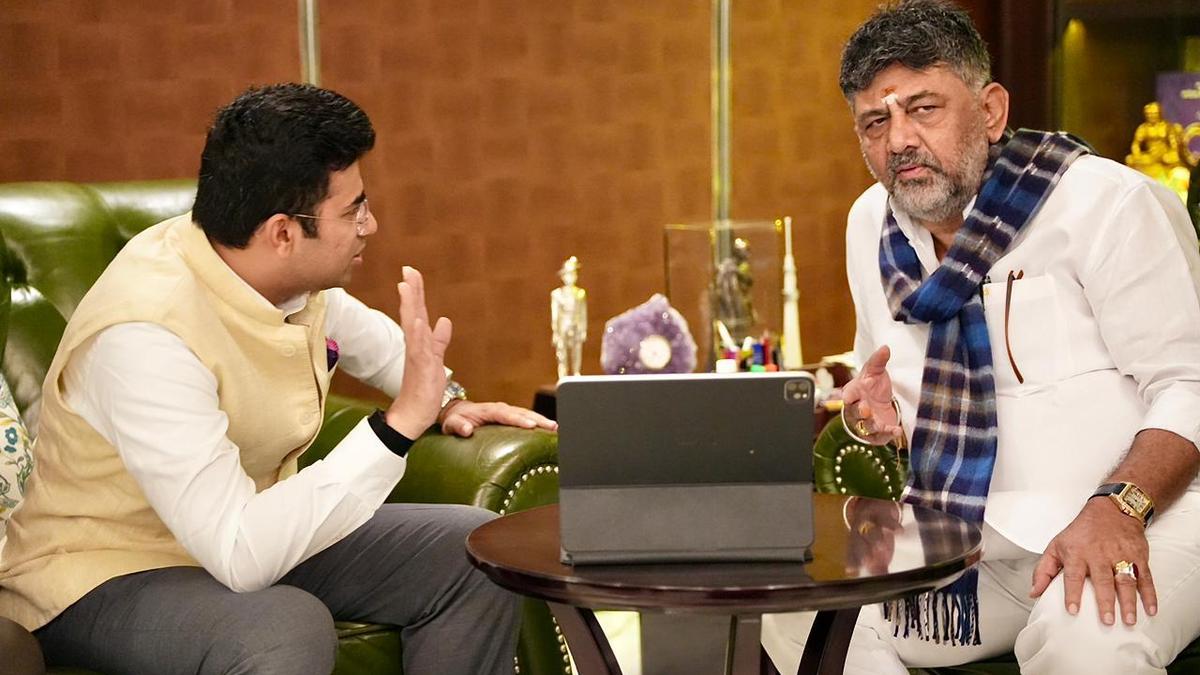Copyright cleveland.com

Lenny Waronker came by his role behind the scenes in the music business honestly — it was in his DNA. The celebrated record executive — who’s receiving this year’s Rock & Roll Hall of Fame Ahmet Ertegun Award — grew up in Los Angeles’ Pacific Palisades, where his father Simon, transitioned from playing violin in the 20th Century Fox Orchestra to a contractor, then founded Liberty Records in 1955. “I was exposed to music at a very young age,” remembers Waronker, who spent summers at Liberty while attending the USC Thornton School of Music and joined the company full time after graduating. He also worked for the label’s publishing division, Metric Music, where he produced song demos. “The door really opened when my father started (Liberty),” he says. “I grew up watching a record company being built and being part of it. I knew what was going on; when he would sign an act that I was familiar with I’d be excited, and when he lost an act...I got to understand that kind of disappointment.” Waronker, 83, put those lessons to good use during his more than six decades of groundbreaking work, as a producer as well as president of Warner Bros. Records and co-founder of DreamWorks Records. During that time he played an instrumental role in the careers of artists such as his childhood friend Randy Newman, James Taylor, Rod Stewart, Prince, John Fogerty, R.E.M., Elliott Smith and many more. Since 2010 he’s been back at Warner working as a consultant or, as he puts it, “a senior A&R executive” who’s helped with projects by Jenny Lewis, Gary Clark Jr., Kimbra and more. Two of Waronker’s five children followed him into the music business — daughter Anna Waronker, who founded That Dog, and drummer Joey Waronker, who’s worked with Beck, R.E.M. and many others and is currently on the road playing with Oasis. Waronker was one of Warners’ most prolific in-house producers, bringing Newman and Van Dyke Parks to the label and working on albums by Jones, Muldaur, Harpers Bizarre, the Everly Brothers, Ry Cooder, Arlo Guthrie and Gordon Lightfoot. He also helmed specific tracks for Taylor (“Shower the People,” “Mexico,” “How Sweet It Is (To Be Loved By You)”), Michael McDonald (“I Keep Forgetting”), Clapton (“Forever Man”) and Stewart (“Broken Arrow”). Mo Ostin — who received the Ertegun Award, then known as the Non-Performers Award, in 2003 — made Waronker head of A&R in 1970 and then company president in 1982. “I kinda had two careers, in a way,” notes Waronker. He recruited producers such as Ted Templeman (formerly of Harpers Bizarre), Russ Titelman, Gary Katz, Michael Omartian and others into the Warner ranks. As a producer himself, he says, “I was pretty judgmental — which of course is stupid, but there you go.” Ultimately, Waronker says he realized “I was surrounded by great artists, so I had to keep reminding myself, ‘Don’t worry. Keep your mouth shut when something’s going good, and if I had some sort of idea that could make a record better, say something. “I had an enormous amount of respect for the artists; a lot of time it’s staying the hell out of the way when you’re dealing with the kind of people I was dealing with and being as supportive as you can.” A good case in point was Prince — a prestige act by any measure, and one whose idiosyncratic nature made Waronker appreciate the value of not interfering with an artist’s muse. “He was incredibly focused, very strong,” Waronker recalls. “He knew what we wanted. Every once in a while he would open up, but mostly he knew what he was doing and wasn’t interested in (outside) ideas. So it was one of those things where he had it and he wasn’t cut out to sit and listen to somebody else talk about his music, which is good and bad because everybody can use help. But he was amazing, what can you say?” Waronker, along with Ostin, presided over what was considered a golden age for Warner, which was a dominant label during the ’70s and ’80s and into the ’90s — until a corporate reorganization after the death of Time Warner Chairman Steve Ross led to them leaving the company. With DreamWorks, Waronker steered the company to nearly five-dozen gold or better albums and more than two dozen Grammy Awards before leaving a few years after it was sold to the Universal Music Group. “At the time I was starting to get antsy and (then-Warners Chairman) Tom Whalley asked me to come in as a senior A&R executive who could help the younger A&R people and get involved, and that idea sounded good to me,” Waronker says. “So I went there and I found that it was fun. I like the young A&R (staffers); they were all very open and incredibly respectful, and that felt good. If someone is struggling, I know what that’s like and I know what to say to them. “What was surprising to me was the amount of knowledge (current Warner staffers) had about what made us tick in the ’60s, ’70s, ’80s, early ’90s, whatever. They tried to hold onto as much of that as they could. Again, you get the right people — that’s artists, too — and you’re gonna be in good shape.” Waronker is looking forward to the upcoming Rock Hall honor. “When you get right down to it, it’s nice. It’s an honor and it’s important and it feels good,” he acknowledges. But he doesn’t expect it will lead to anything more — like a memoir. “Nah, I don’t want to do that,” he says. “If you’re going to write you have to tell the truth, and I just didn’t want to do that. I’m not good with dishing stuff. Most of these books are a good attempt at telling the truth, but having to tell the real truth, then it becomes my truth, and I’m not interested in it.” The 2025 Rock & Roll Hall of Fame Induction Ceremony will stream live on Disney+ at 8 p.m. Saturday, Nov. 8. ABC will air a primetime special featuring highlights at 8 p.m. Thursday, Jan. 1, 2026, with streaming available the following day on Hulu.



